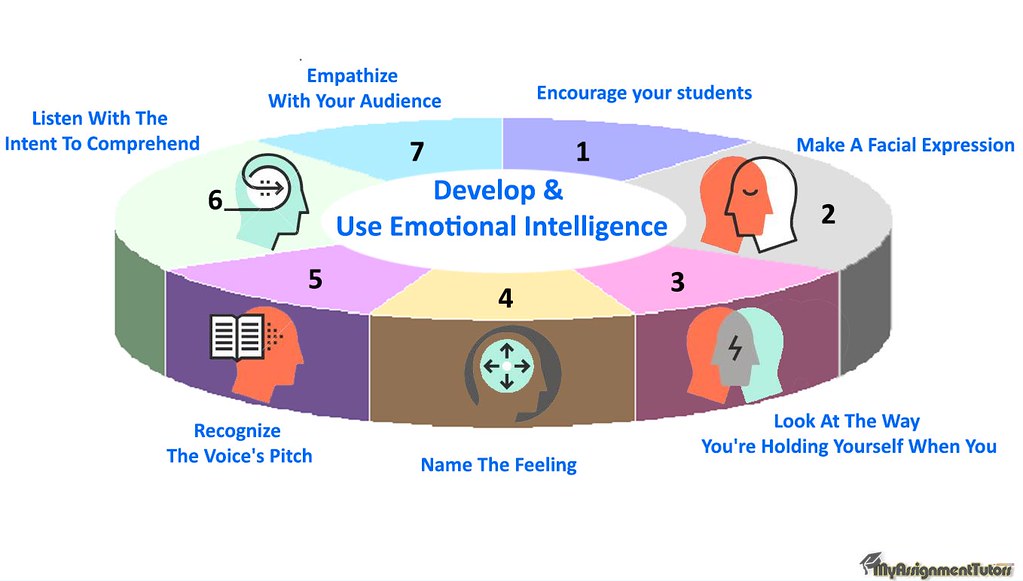SPOILER ALERT!
~ Social phobia is marked by difficulties in inter and intrapersonal domains.
~ Inter and intrapersonal domains are part of emotional intelligence
~ Social phobia has the lowest levels of inter and intrapersonal levels compared to OCD and Panic disorder
~ Individuals with social phobia have difficulties with identifying and labelling emotions; however they can describe them.
~ Individuals with social phobia mistakenly believe that they lack social skills when in fact they are intact.
SOCIAL PHOBIA
Social phobia is characterized by the experience of intense anxiety during exposure to certain types of social situations, leading subsequently to avoidance behaviors. It demonstrates an inability to manage the behavioral and emotional aspects of social interactions, which encompass the interpersonal and intrapersonal domains.
Emotional intelligence is a construct that embodies these domains as it is conceptualized as a set of abilities to perceive, express and manage one’s emotions and that of others in an effective manner. Furthermore, it was found that difficulties monitoring and using emotional information could be a factor in anxiety disorders, thus implicating emotional intelligence as a relevant factor.
The Link between Social Phobia and Emotional intelligence.
Previous studies have proposed that social anxiety is associated with negative inter and intrapersonal consequences. The intrapersonal domain involves perception and awareness of the self, while interpersonal refers to the self in relation to the others. For example, there is evidence of a link between self-reported social impairments and high levels of social anxiety, which suggests difficulties in both inter and intrapersonal domains.
Consequences related to intrapersonal problems include excessive focus on the self, anxiety over one’s emotional responses and inaccurate appraisal of one’s emotional display. By contrast, interpersonal difficulties include distress, poor interpretation of social cues, low social attractiveness, and negative evaluation by others.
Social Phobia and Low Interpersonal and Intrapersonal Skills
Examining levels of interpersonal and intrapersonal skills among individuals with social phobia, it was found that they have the lowest level of interpersonal skills compared to obsessive compulsive disorder (OCD) and panic disorder (PD) patients. In addition, although all three groups scored low on the intrapersonal domain compared to a non-clinical population (i.e., without an anxiety disorder), it was found to be the most accurate indicator of maladjustment for the social phobia group only.
Taken together these results indicate that inter and intrapersonal difficulties in social phobia are associated with real and substantial life problems. For example, there is evidence that social phobia is related to an inability to properly identify and label emotions rather than difficulties managing or adjusting them. Furthermore, a study found that compared to generalized anxiety disorder (GAD) individuals with social phobia have difficulties with identifying emotions, but not describing them.
In addition, even though individuals with social phobia consistently rate their social competencies lower than their interaction partners, there was no evidence of real deficits in social skills. This finding contradicts this group’s common belief that they have poor social skills. Unfortunately, these inaccurate beliefs have direct effects in life, as demonstrated by the reports that the study’s participants with social phobia had poor social and occupational adjustment relative to OCD and PD.
Reference:
Summerfeldt, L. J., Kloosterman, P. H., Antony, M. M., McCabe, R. E., & Parker, J. D. A. (2011). Emotional intelligence in social phobia and other anxiety disorders. Journal of Psychopathology and Behavioral Assessment, 33(1), 69–78. https://doi.org/10.1007/s10862-010-9199-0

